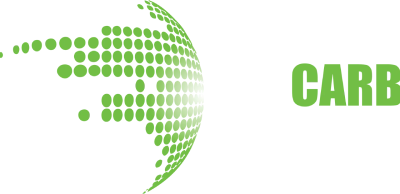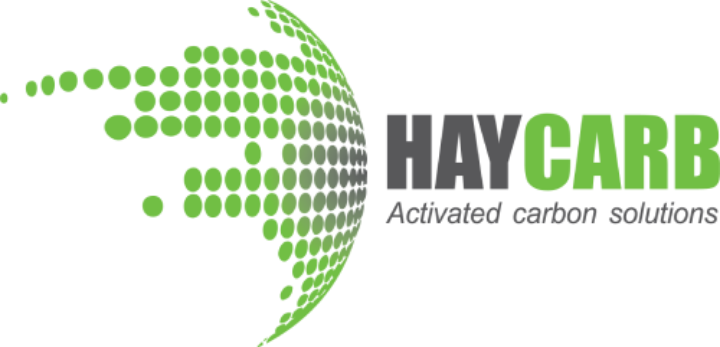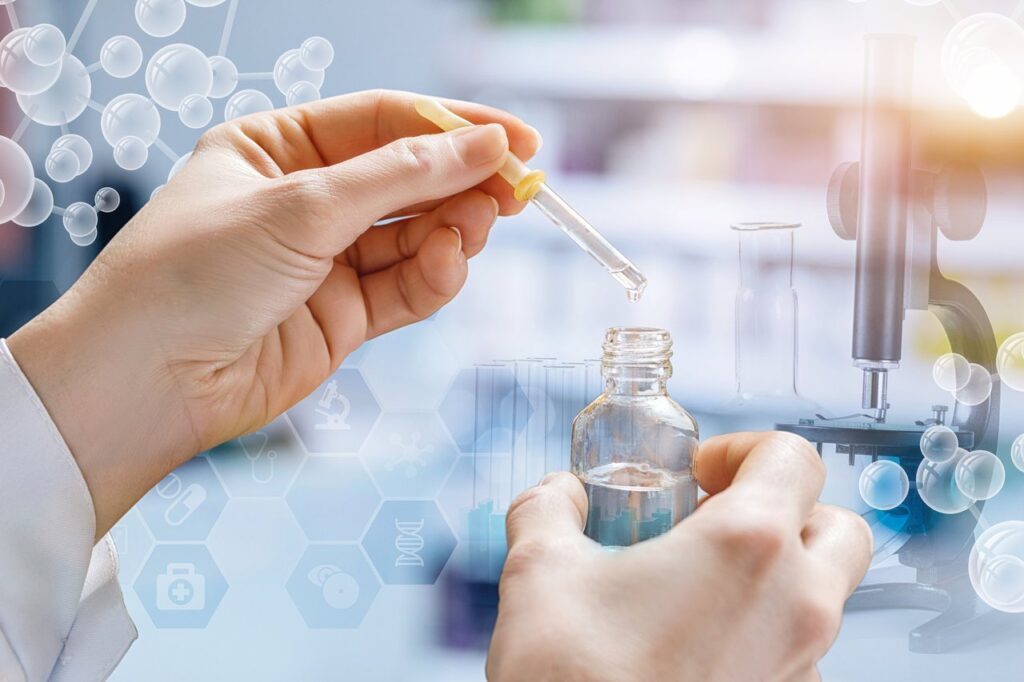
Think about your day for a second – that first cup of coffee, a home-cooked meal, your skincare routine, or even the powerful machines running industries behind the scenes. All of these depend on water. But here’s the catch: not all water is the same.
Ultra Pure Water (UPW) – water so refined that almost every impurity has been removed, down to the tiniest particle. It’s not what you’d sip from a glass, but it’s the lifeline for industries where perfection isn’t optional, it’s mandatory.
Why Does Water Purity Matter?
Water quality influences far more than we often realize – it can make or break the result.
- Impurities like chlorine, heavy metals and microplastics can not only affect taste but also impact long-term health.
- Health Risks are a real concern, contaminated water can carry bacteria, viruses and harmful chemicals.
- Appliance Damage happens quietly – mineral build-up can reduce the lifespan of boilers, turbines, lab instruments and other sensitive industrial systems
At its core, purity defines quality, which is why it needs to be prioritized first.
Understanding Ultrapure Water & its Industrial Applications
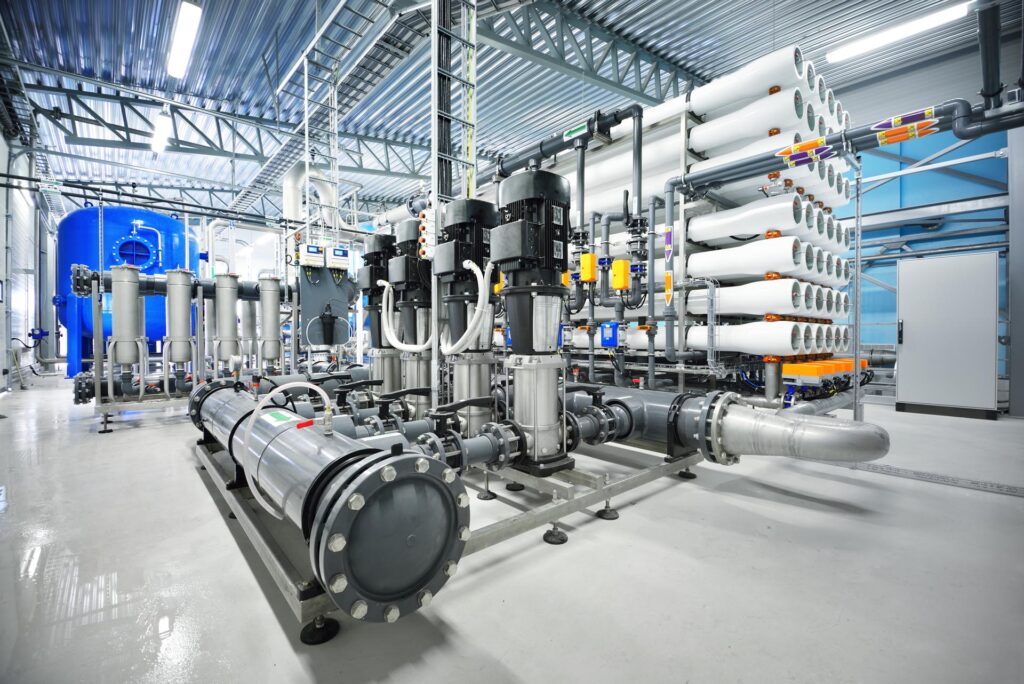
UPW goes beyond filtered or distilled water. It undergoes advanced purification processes that strip away almost every single contaminant, including dissolved salts, organic compounds, bacteria and even microscopic particles invisible to the naked eye.
But here’s the twist: it’s not meant for drinking. Without minerals, it’s unsuitable for long-term human consumption. Instead, it powers industries where even the smallest impurity can compromise quality.
Some of the most common uses of UPW include:
- Semiconductors: Rinsing silicon wafers and microchips during fabrication to prevent defects caused by dust, ions, or organics that could ruin circuitry.
- Pharmaceuticals & Biotech: Preparing injectable drugs, vaccines, and cell culture media, as well as cleaning bioreactors and lab instruments without introducing contaminants.
- Healthcare: Making IV solutions, dialysis fluids, and surgical rinses, plus sterilizing surgical instruments and lab glassware.
- Energy: Used in power plants for boiler feedwater and other critical processes where impurities could cause scaling or damage.
- Cosmetics: Manufacturing lotions, creams, and other products where extreme purity is required to maintain stability and quality.
Ultrapure Water vs Other Types of Purified Water
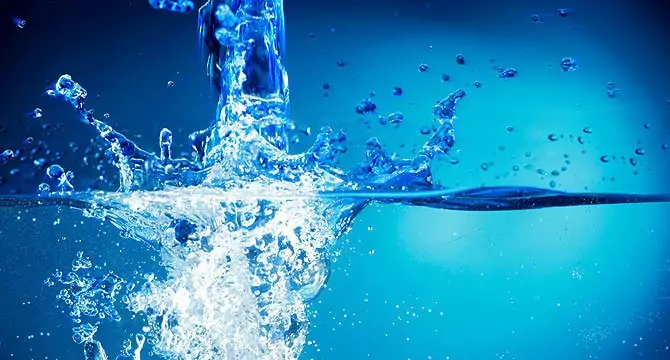
Ultra Pure water isn’t created with one filter, it’s a precision process involving multiple steps:
- Filtered Water removes large particles and some contaminants but leaves behind dissolved solids and chemicals.
- Distilled Water boils water into steam and condenses it, removing many impurities but sometimes leaving a flat taste.
- Mineral Water contains added or natural minerals, which can be beneficial for health but may not be suitable for all sensitive applications.
Ultrapure Water is in a league of its own, removing almost everything except the water molecules themselves. The result? Exceptional taste, absolute safety and unmatched consistency.
Technologies Behind Creating Ultrapure Water
Producing Ultrapure Water requires a combination of advanced purification technologies, each addressing specific contaminants:
- Activated Carbon Filtration – Removes chlorine, organic compounds and unpleasant odors.
- Reverse Osmosis (RO) – Filters out dissolved salts and impurities at a molecular level.
- Deionization – Strips away remaining ions and minerals.
- Ultraviolet (UV) Sterilization – Kills micro-organisms without adding chemicals.
Each stage plays its part, ensuring the final product meets purity standards.
How does Haycarb support Ultrapure water solutions?
On the other hand, we at Haycarb play a critical role in making Ultrapure water possible. Our premium Activated Carbon products are trusted worldwide to remove chlorine, organic contaminants and unwanted tastes and odors from water.
Activated carbon works like a microscopic sponge, each grain has thousands of pores that trap and hold impurities, ensuring only the purest water passes through. By integrating our activated carbon into multi-stage purification systems, we help deliver water that is not only safe but also free from any undesirable flavors or odors, supporting industries and communities that rely on the highest quality water.
Choosing the right Activated Carbon for different purification needs
When selecting activated carbon for water purification, it’s important to match the type to the specific application:
- Granular Activated Carbon (GAC) – Ideal for large-scale filtration systems.
- Powdered Activated Carbon (PAC) – Perfect for quick and efficient removal of specific contaminants.
- Impregnated Activated Carbon – Tailored for challenging contaminants such as heavy metals or industrial chemicals.
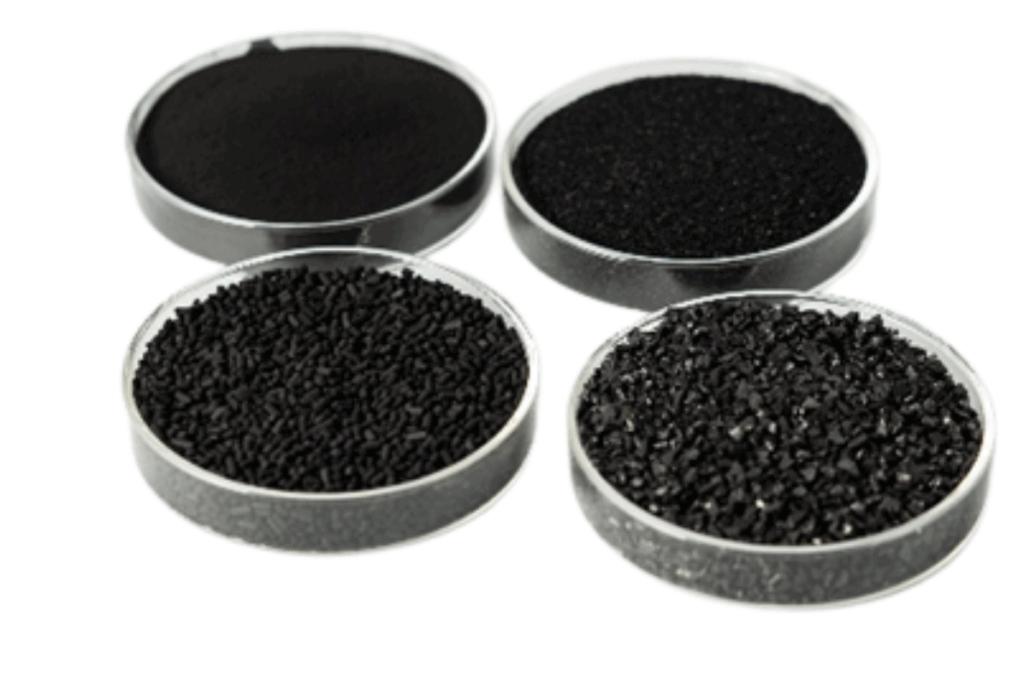
Precision in Every Drop
Every drop of water tells a story! And at Haycarb, we believe every drop of water matters. Through our advanced Activated Carbon solutions, Ultrapure water delivers unmatched purity, reliability and performance – supporting industries, communities and a cleaner future.
True purity goes beyond achievement – it’s perfected with precision.
FAQs
- Is ultrapure water safe to drink?
No. Ultrapure water is not recommended for drinking because it lacks essential minerals required by the human body. In fact, its extreme purity can make it unsuitable for long-term human consumption.
- What makes ultrapure water different from distilled or filtered water? Filtered water removes larger particles, while distilled water eliminates many impurities through boiling and condensation. Ultrapure water, however, undergoes multiple advanced purification steps to remove nearly all contaminants including salts, organic compounds and microscopic particles leaving only pure H₂O molecules.
- Where is ultrapure water used? It is widely used in industries where even the smallest impurity can affect results, such as semiconductor manufacturing, pharmaceuticals, biotechnology, power generation, food production and healthcare.
- How is ultrapure water produced?
It is created through multi-stage processes like activated carbon filtration, reverse osmosis, deionization, and UV sterilization. These methods work together to ensure the water meets the strictest purity standards.
- Why does water purity matter so much in industries?
Impurities can damage equipment, affect product quality, and even compromise safety. Ultrapure water ensures consistency, reliability, and compliance with stringent industry requirements.
- What role does Haycarb play in ultrapure water solutions?
Haycarb provides high-quality activated carbon products that act as the first line of defense in water purification removing chlorine, organic compounds, and unwanted tastes or odors to make ultrapure water possible.
- Can ultrapure water improve the lifespan of equipment?
Yes. By eliminating minerals and impurities that cause scaling and corrosion, ultrapure water helps extend the life of sensitive equipment such as boilers, turbines, laboratory instruments, and semiconductor systems.
- Is ultrapure water environmentally friendly?
Yes, when produced and used responsibly. Since it prevents contamination in industrial processes, ultrapure water reduces waste, ensures safer outputs, and supports cleaner production practices across industries.

